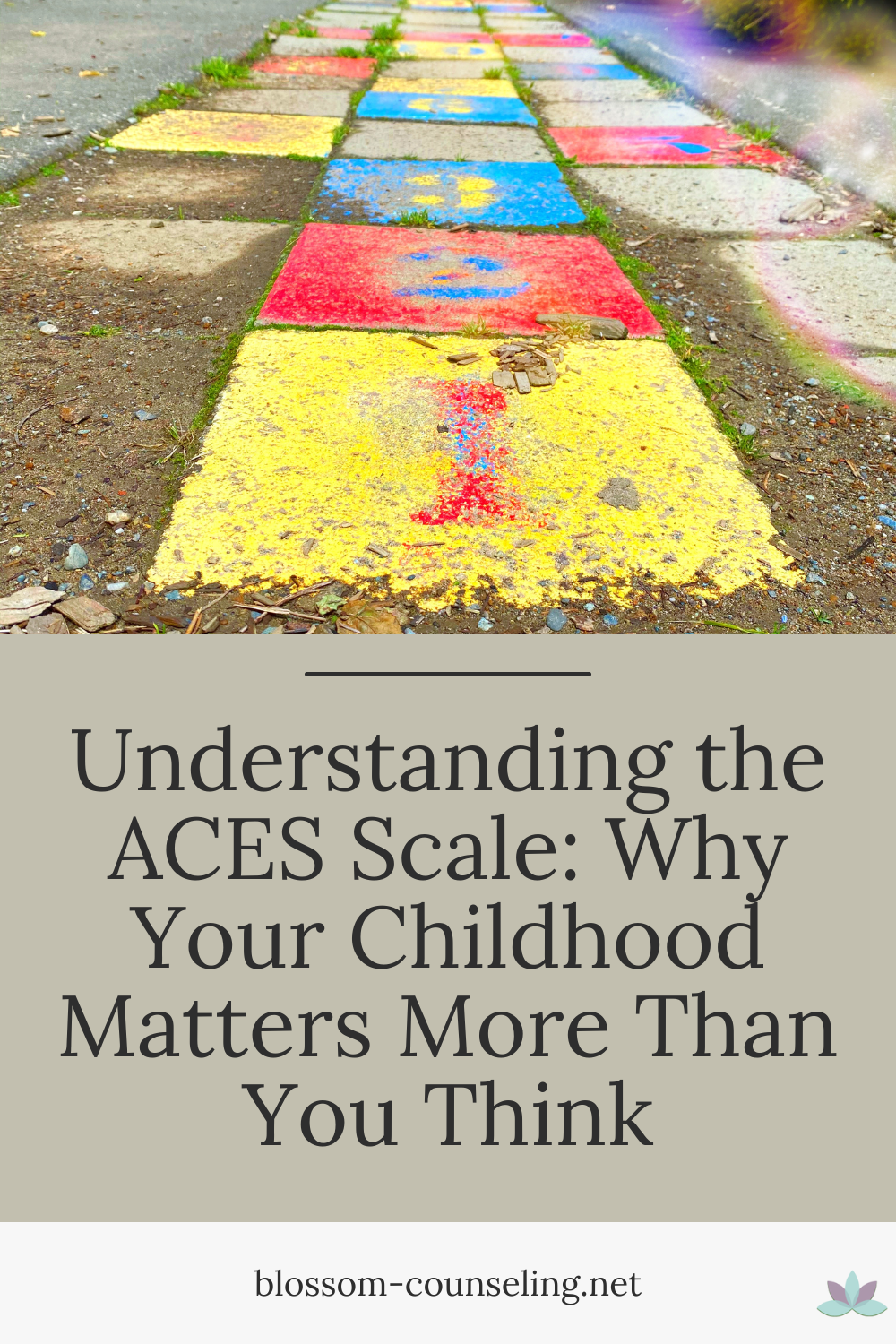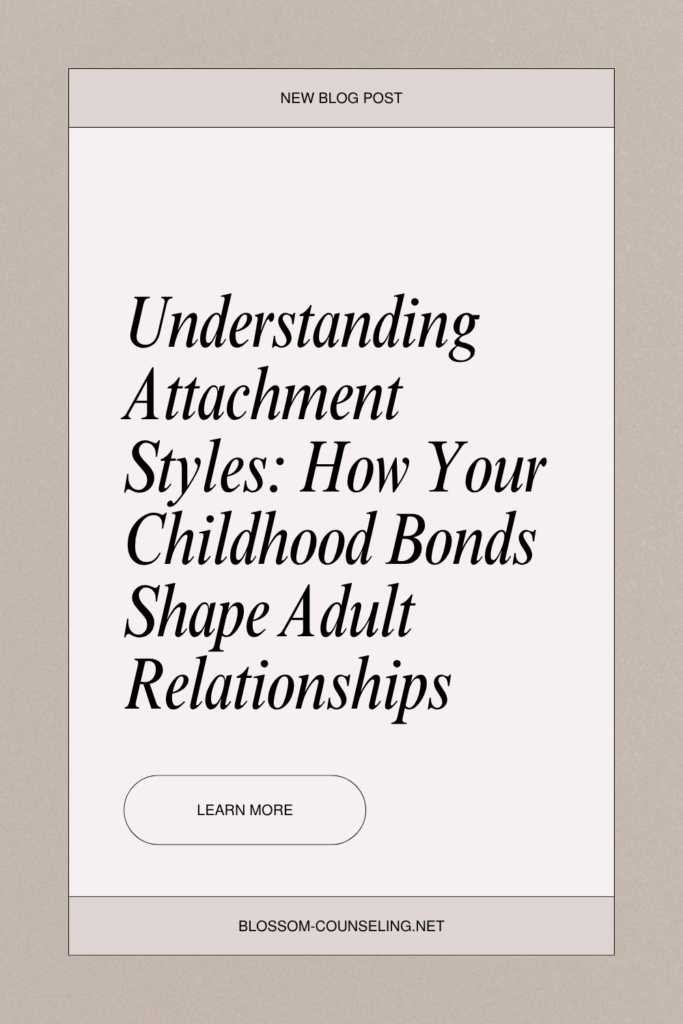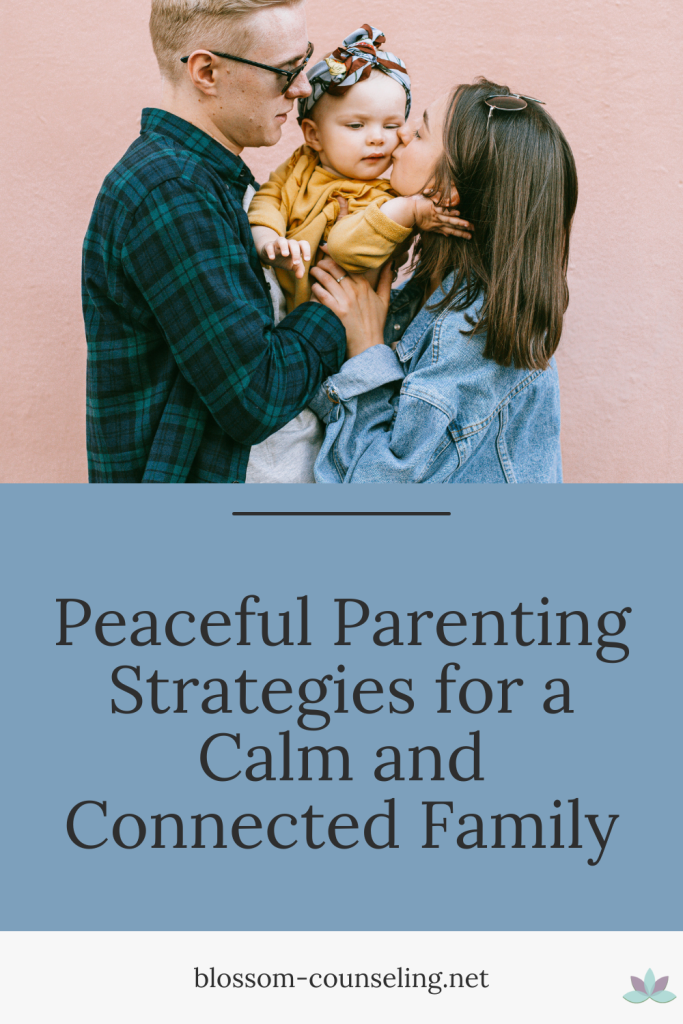
Childhood experiences shape who we are in ways we often don’t realize. Ever wonder why some people seem to breeze through life’s challenges while others struggle to find balance? The ACES scale, or Adverse Childhood Experiences Scale, might have some answers. Developed in the 1990s, this tool helps us understand how childhood trauma can impact both physical and mental health later in life. But let’s break it down in a way that’s both relatable and practical—no need to get lost in jargon.
What is the ACES Scale?
The ACES scale is a simple questionnaire with 10 questions about experiences you may have had before your 18th birthday. These experiences range from emotional abuse and neglect to witnessing domestic violence or having a family member struggle with addiction. While the questions are straightforward, they reveal complex layers about how early adversity might influence your adult life.
The scale assigns one point for each type of adverse experience you’ve encountered. So, your “ACE score” can range from 0 to 10. The higher your score, the more likely it is that those early experiences have impacted your mental, emotional, and even physical well-being. But it’s important to note: your ACE score isn’t a life sentence. It’s a tool for understanding and growing from your past.
Why Does Your ACE Score Matter?
Research has shown that high ACE scores are strongly linked to chronic health problems, risky behaviors, and even a shorter life expectancy. We’re talking about conditions like heart disease, diabetes, depression, and anxiety—all of which have been found to be more common in people with higher ACE scores.
But here’s where things get really interesting. Even if your ACE score is on the higher side, it doesn’t mean you’re destined for poor health. In fact, understanding your ACE score can be the first step toward healing and building resilience.
So, What Can You Do with Your ACE Score?
First off, it’s important to understand that the ACES scale is not about labeling anyone or setting limits on what’s possible in your life. Instead, it’s a springboard for self-awareness. Think of it as a flashlight that helps you see areas of your life that might need some extra attention.
Therapy, mindfulness practices, and building a strong support system are just a few of the ways to counter the effects of adverse childhood experiences. The key is that, while our past can inform us, it doesn’t have to define us.
Resilience: The Other Side of the Coin
Resilience is your ability to bounce back from stress, trauma, and adversity—and it’s just as important as knowing your ACE score. While the ACES scale focuses on negative experiences, it’s equally important to focus on the protective factors in your life. Things like a strong relationship with a caring adult, feeling safe at school or work, or even developing coping strategies can make a big difference.
We all have the capacity to grow and heal, no matter what our past looks like. Recognizing how early experiences influence us is powerful, but so is the realization that we can build resilience and thrive, even if the deck seemed stacked against us early on.
Final Thoughts
The ACES scale is a valuable tool for gaining insight into how your past might still be playing a role in your present. But it’s also a reminder that healing is possible, and resilience is within reach. Whether your ACE score is low or high, the most important takeaway is that you have the power to change your story. Understanding your score is just the beginning of the journey toward living a healthier, more balanced life.
By recognizing the impact of adverse childhood experiences, you’re opening the door to self-compassion, growth, and, most importantly, healing.




